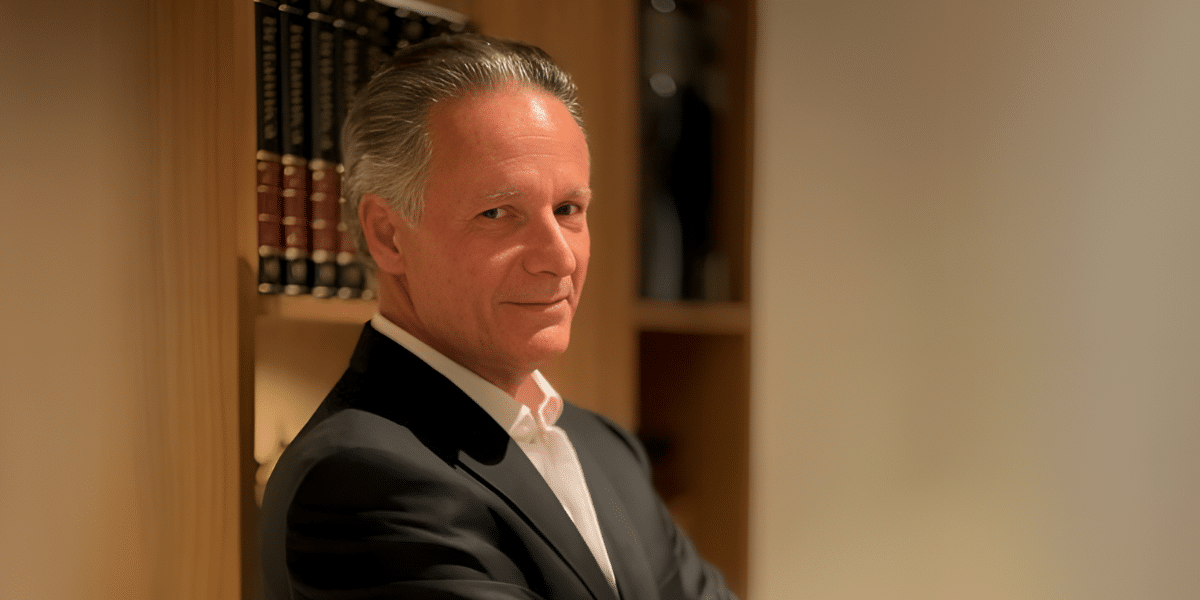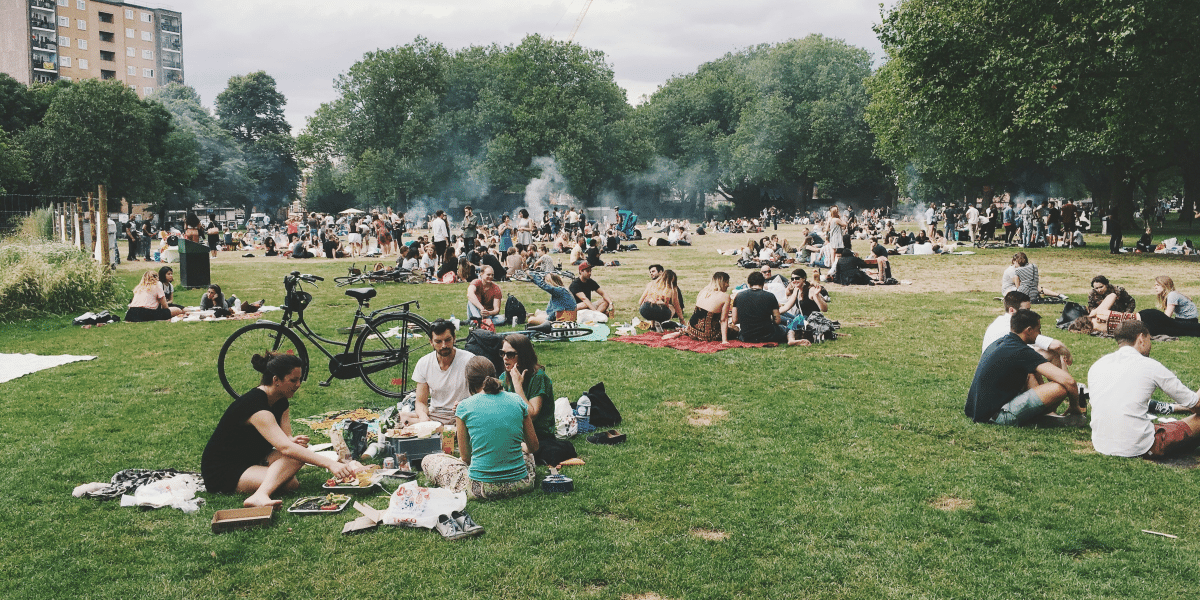We’ve all been there. That moment when a wave of anger washes over you, the frustration that makes you want to scream, or the sudden sadness that feels overwhelming. Emotional outbursts can happen to the best of us, but when they become frequent or disruptive, it’s a sign that it’s time to take a step back and learn some strategies for managing those intense emotional reactions.
The first step towards better emotional regulation is understanding what sets you off. Do you tend to fly off the handle in traffic? Lose your patience when dealing with difficult people? Or feel overwhelmed by seemingly minor inconveniences? Start paying attention to the situations, words, or even internal thoughts that often precede an emotional outburst. Identifying your triggers is like finding the “off switch” for those explosive reactions.
Don’t Bottle It Up
Trying to suppress emotions rarely works in the long run. Those bottled-up feelings have a way of leaking out, often in the form of angry outbursts or unhealthy coping mechanisms. Instead of ignoring your emotions, give yourself space to feel them fully. Find healthy ways to express your emotions – journaling, exercise, talking to a trusted friend, or engaging in creative activities can all be helpful outlets.
Think of it like hitting the brakes on a runaway train. When you feel those intense emotions rising, the goal isn’t to squash them down; it’s about creating a little breathing room before you respond. Take a few deep breaths – count to ten, if you have to. If you can, step away from the situation for a few minutes to cool down. This gives you a chance to step back from the immediate intensity of the situation and gather your thoughts.
This pause, even if it’s just for a few moments, works wonders. It breaks the chain reaction of your emotions. Suddenly, you’re not just reacting; you’re choosing how to respond. You’re able to think more clearly, consider the consequences of your actions, and come up with a response that’s both more thoughtful and more likely to lead to a positive outcome. As a renowned psychologist put it, “Between stimulus and response, there is a space. In that space lies our power to choose our response. In our response lies our growth and freedom.” This pause is your space, your moment to reclaim your power and choose a path towards a more positive and constructive outcome.
Sometimes, outbursts happen because we don’t have the words to accurately express what we’re feeling. Expanding your emotional vocabulary helps you pinpoint and communicate your internal state. Instead of simply saying “I’m angry,” try to be more specific. Are you frustrated? Overwhelmed? Disappointed? Getting granular with your emotions helps you process them more effectively.
Let’s face it, life throws curveballs. Unexpected setbacks, stressful situations, and difficult interactions are inevitable. Building what psychologists call “distress tolerance” skills helps you navigate these challenges without exploding. Techniques like mindfulness meditation, deep breathing, and progressive muscle relaxation give you tools to calm your nervous system and reduce emotional reactivity over time.
The way you think about a situation profoundly shapes your emotional response. If you constantly focus on the negatives and catastrophize, even minor stressors can feel overwhelming. Learn to reframe negative thoughts into more neutral or even positive ones. Instead of dwelling on what went wrong, ask yourself, “What can I learn from this experience?” This shift in perspective helps keep emotional reactions in check.
It’s Not About Being ‘Perfect’
Don’t beat yourself up if you have slip-ups along the way. Everyone does! We all have those moments where the stress gets to us, and the old patterns of yelling or shutting down resurface. The key is to acknowledge those moments without judgment, learn from them, and then recommit to practicing your new skills. As a well-known therapist once said, “Progress, not perfection, is the goal. The real growth happens in those moments when we acknowledge our struggles and choose to keep trying.”
Over time, those little moments of pausing, reframing, and using coping skills start to add up. You’ll gradually notice a shift in how you handle challenging situations. Instead of feeling like your emotions are running the show, you’ll start to feel more in control. You’ll have the ability to choose how you react, even when things get tough. It’s like finally grabbing the steering wheel of your own life – and let me tell you, that feeling of empowerment is priceless!
While everyone experiences occasional emotional outbursts, if you feel like your emotions are constantly out of control or significantly interfering with your life, reaching out to a mental health professional is the best course of action. They can help identify underlying reasons for your struggles and equip you with personalized coping mechanisms and strategies for lasting change.










